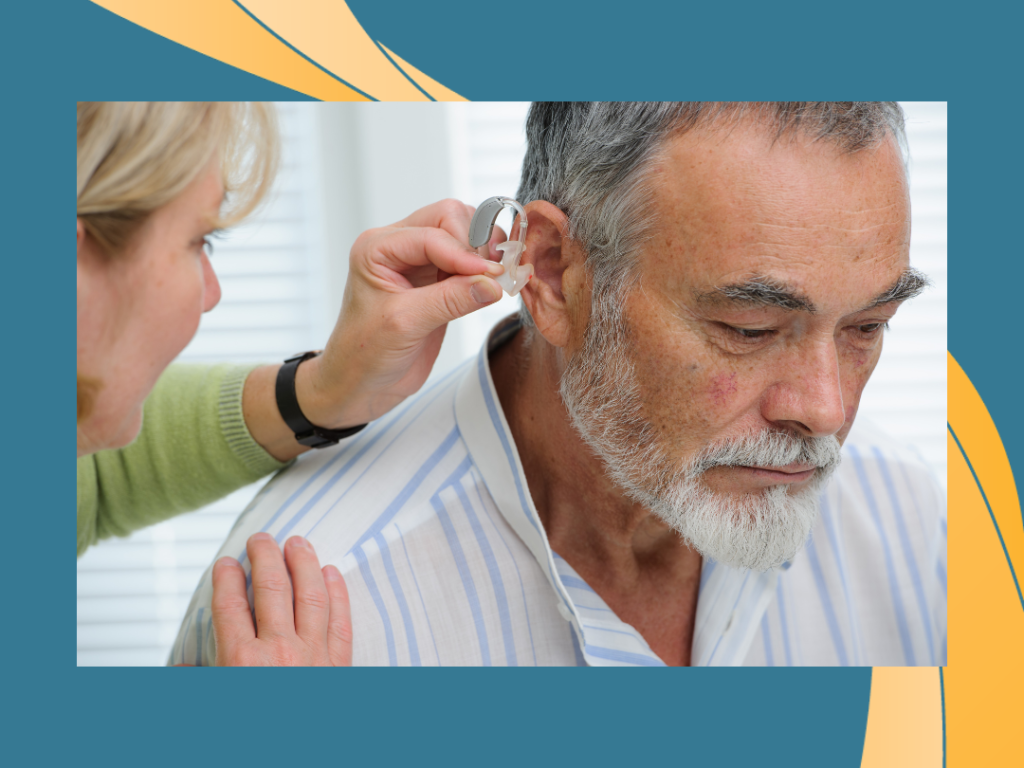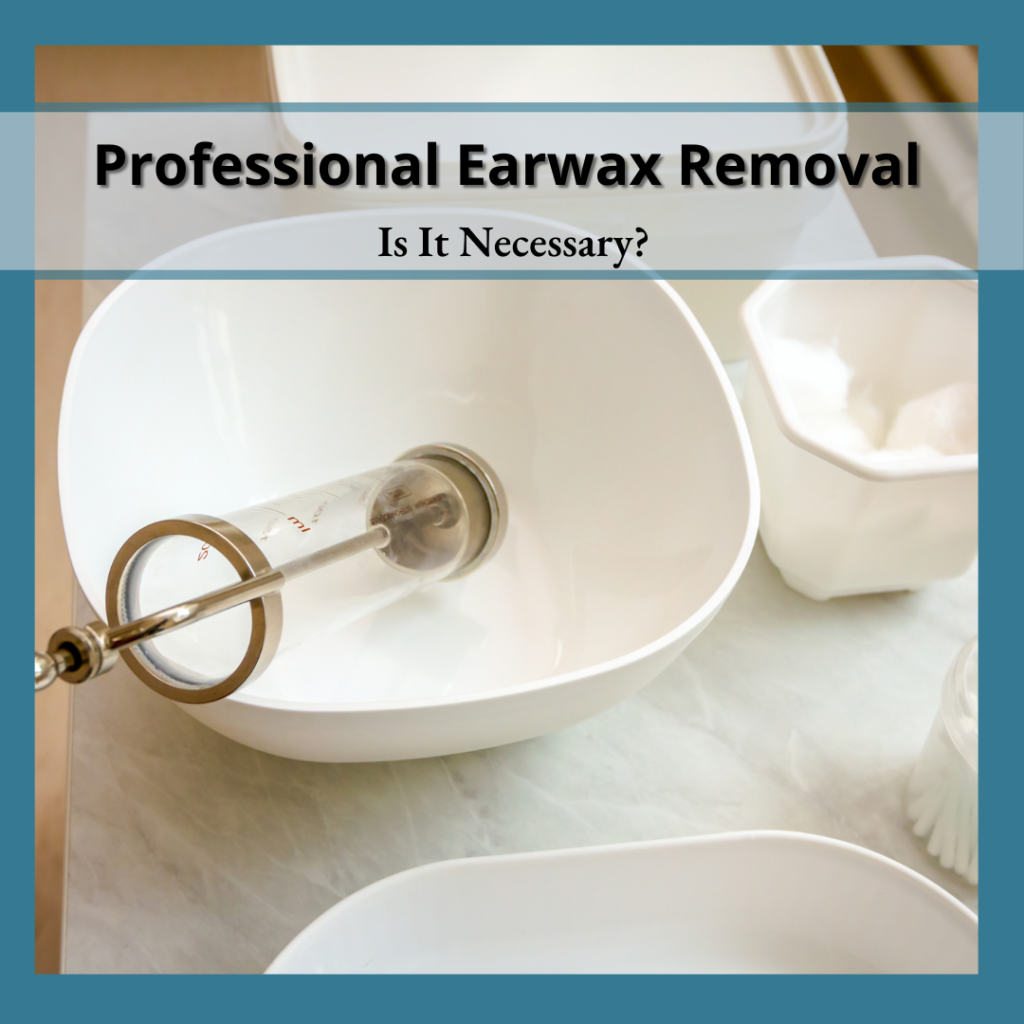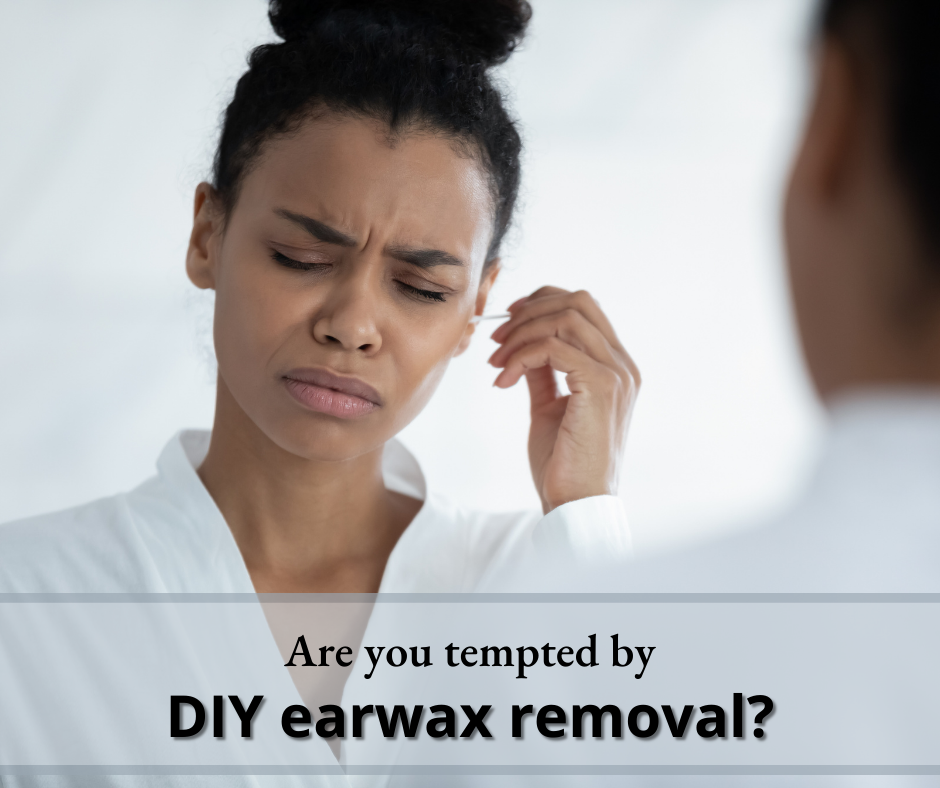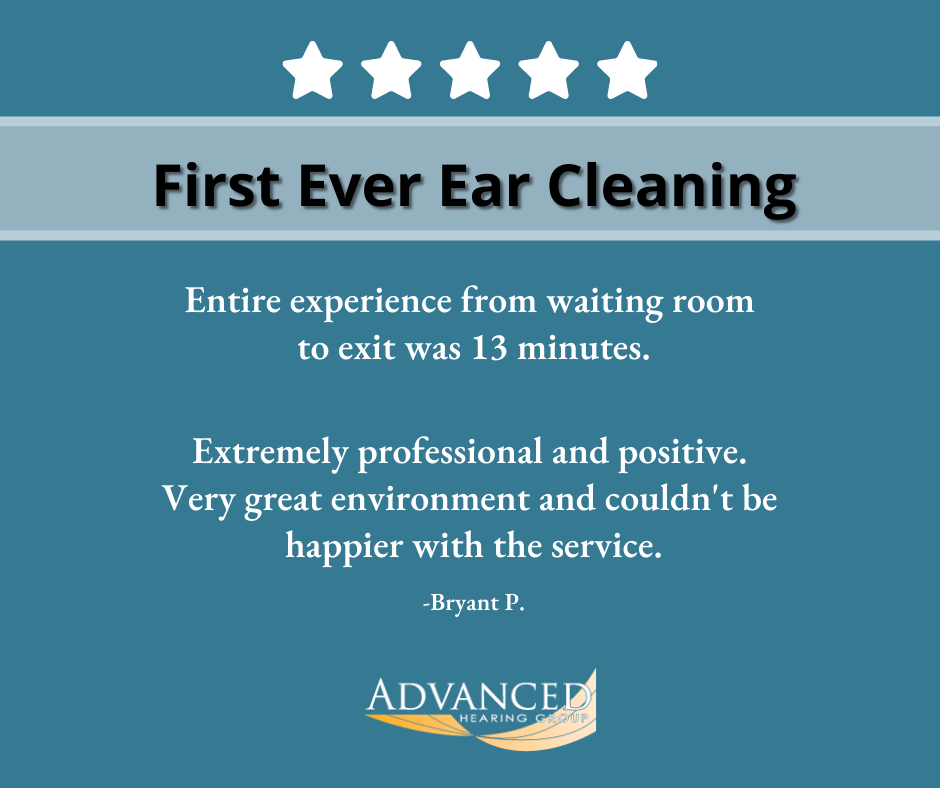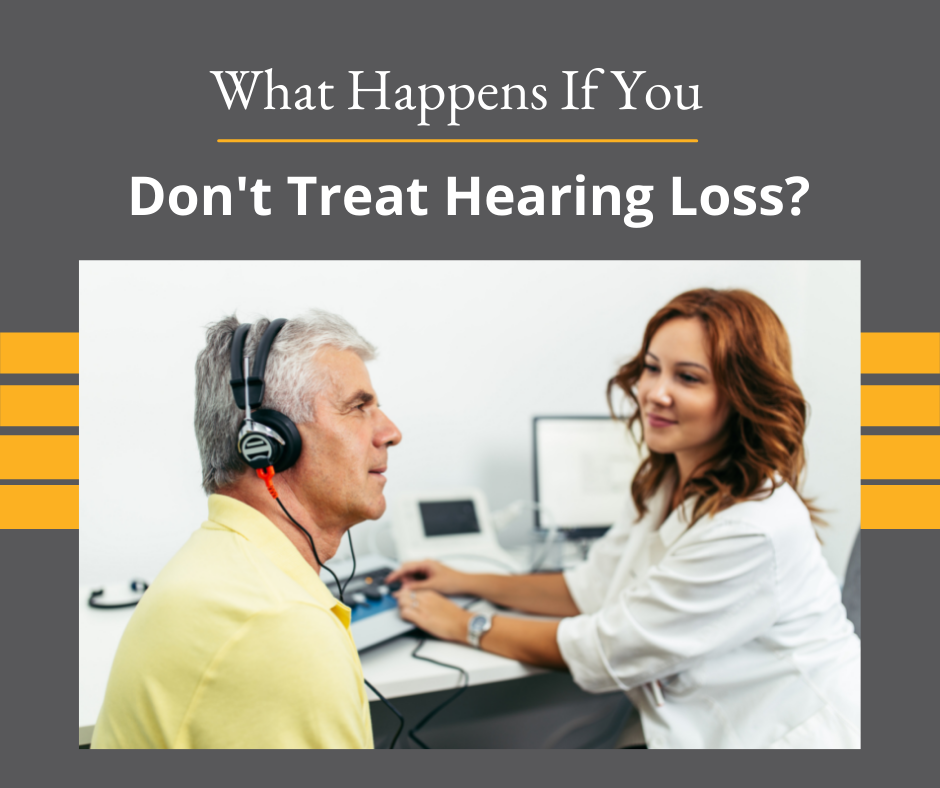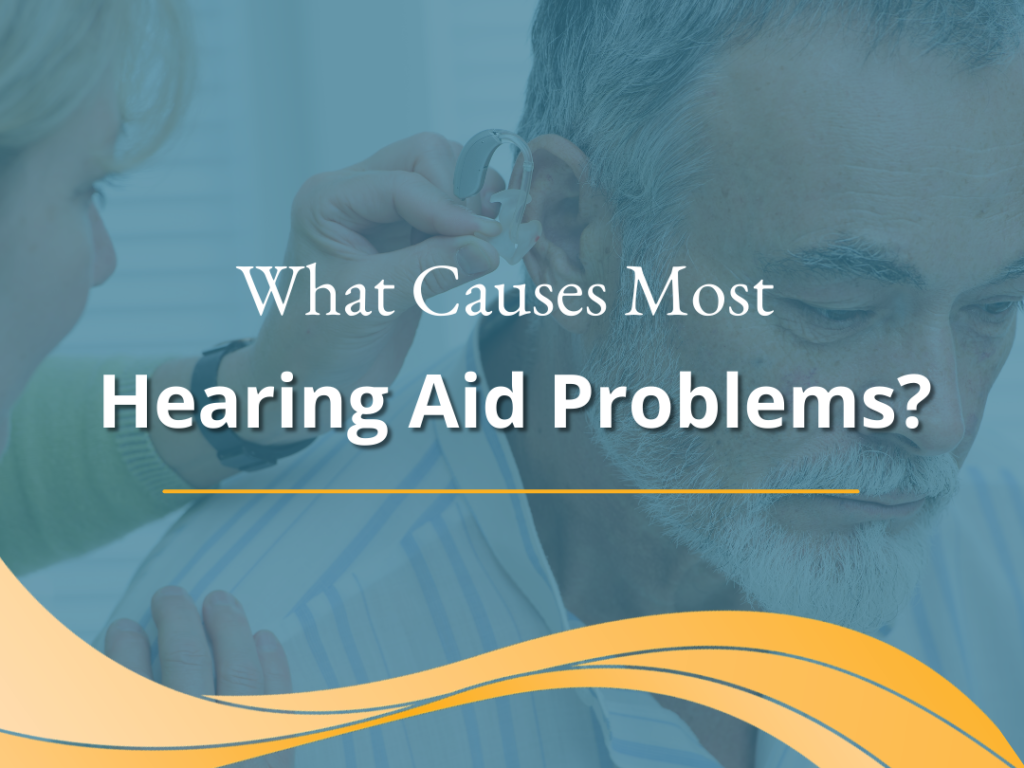
If you’ve made the decision to purchase and wear hearing aids as part of your hearing loss treatment, the last thing you want is hearing aid problems. After all, hearing aids are typically a significant financial investment in your hearing health and you want them to work as intended … to help you hear better!
What causes hearing aid problems, then, and how can these issues be rectified?
In reality, most hearing aid problems can be traced back to one cause – improper set up or fitting. Yes, there are some issues that arise due to lack of hearing aid maintenance. And, it’s not uncommon to need hearing aid repair from time to time, especially as the devices get older. However, the majority of hearing aid issues can actually be prevented by purchasing your hearing aids from, and getting the devices fitted by, a qualified hearing professional.
How to Prevent Hearing Aid Problems
Even the best hearing aids in the world won’t be useful if they’re not properly set up and fitted to the user. You can prevent many hearing aid problems down the road by following these simple steps:
- Choose the right hearing professional. Not every hearing professional is qualified to sell and fit hearing aids. Audiologists are highly-trained hearing professionals that have a Doctor of Audiology degree and are often your best source for hearing aid information and fitting. Ask friends or family members who already have hearing aids if they would recommend their own audiologist to you. Or, check out online reviews of audiologists in your area to find one that could meet your needs.
- Get the best hearing aids for your type of hearing loss. According to the World Health Organization, “a person is said to have hearing loss if they are not able to hear as well as someone with normal hearing, meaning hearing thresholds of 20 dB or better in both ears.” That being said, there are different types of hearing loss and types of hearing aids recommended for each. Make sure your hearing aids are designed to work with your type of hearing loss.
- Make sure your hearing aids are fitted properly. Even the best hearing aids provided by the best audiologist won’t work as intended if they’re not set up and fitted properly for your ears. A thorough hearing aid fitting should include making sure the chosen hearing aids physically fit properly inside the ears. It should also include determining the appropriate sound setting for your type and severity of hearing loss. Then, measurements should be taken to verify that the sound you hear when wearing the hearing aids is at the correct level.
The NOW Program – Try Hearing Aids For FREE Before You Buy!
At Advanced Hearing Group, we know that getting the right hearing aids is a critical part of being able to hear better. We also realize that purchasing these devices can be an important financial decision. That’s why we offer the NOW Program – the ultimate try-before-you-buy solution.
How does it work? Start by working with our audiologists to determine the best hearing aids to meet your needs. Then, once you are fitted with the appropriate devices, you get to try them out for FREE for 2 weeks. There is no down payment required and absolutely no obligation or pressure to buy.
Proper fitting by our audiologists and then getting to try out a pair of hearing aids before purchasing them typically helps our patients avoid most hearing aid problems. If problems do occur at any time, however, we offer hearing aid repair and maintenance services at our Mesa and Scottsdale locations.
Schedule an appointment with our hearing professionals today and we’ll help you get on the road toward better hearing!

